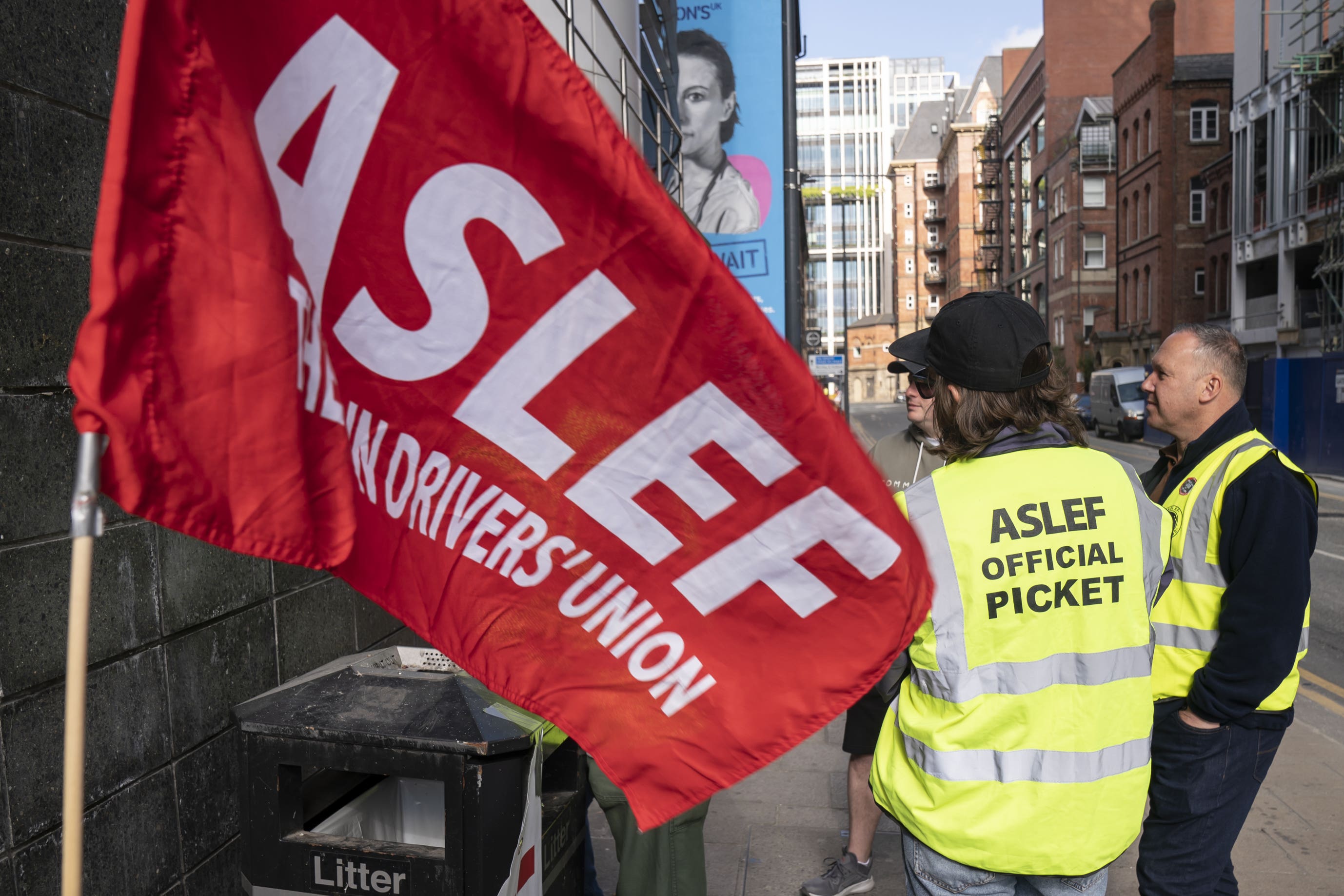Rail services return to normal after latest train drivers strikes
Members of Aslef are embroiled in a long-running dispute over pay and conditions.

Rail services returned to normal on Wednesday after a wave of strikes and other forms of industrial action by train drivers in their long-running dispute over pay and conditions.
Services have been crippled by a series of walkouts and a nine-day ban on overtime, which ended late on Tuesday.
No more strikes have been announced, although there is no news on whether fresh talks will now be held to try to break the deadlock.
A spokesperson for Rail Delivery Group said: “There will be no winners if industrial action continues and causes further disruption for customers.
“We believe rail can have a bright future, but right now taxpayers are contributing an extra £54 million a week to keep services running post covid.
“We want the Aslef leadership to work with us to resolve this dispute and deliver a fair deal, which both rewards our people and makes the changes needed to make services more reliable.”
Aslef general secretary said it had been over a year since the union had any contact from the Department for Transport, adding: “It’s clear they do not want to resolve this dispute.
“Many of our members have not had a single penny increase to their pay for half a decade, during which time inflation has soared and, with it, the cost of living.
“Train drivers didn’t even ask for an increase during the Covid-19 pandemic when we worked throughout lockdown as key workers, risking our lives to move goods around the country and to enable NHS and other workers to get to work.”
None of the train companies affected by the latest strikes used new regulations aimed at ensuring a minimum level of service during strikes.
Mr Whelan added: “This new law, as we told officials during the consultation period, won’t ease industrial strife. It will just make it worse.
“The government and train operating companies should come to the table with a realistic offer so we can end this dispute and work together to ensure the future of our railways.’”
Bookmark popover
Removed from bookmarks